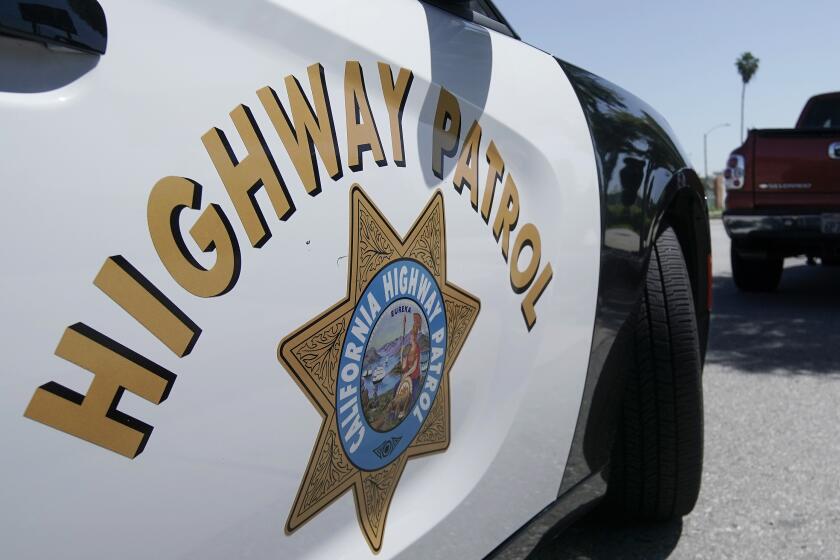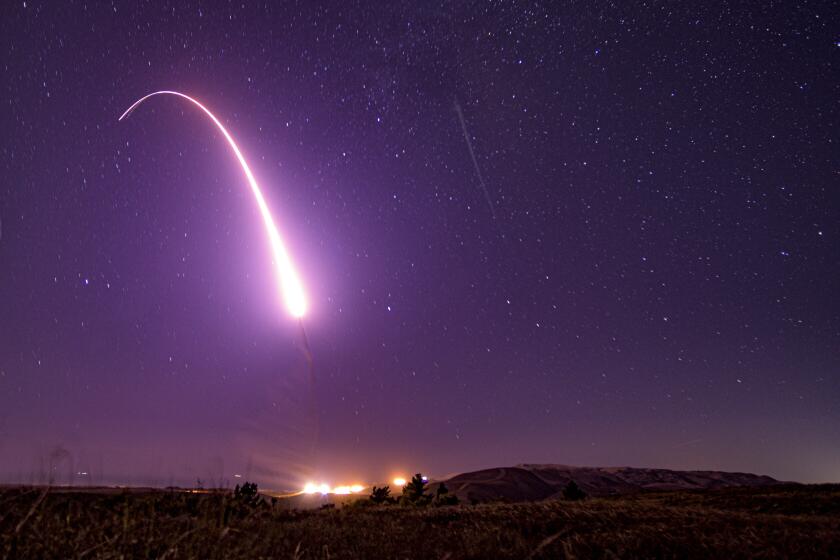Cleaning Up San Gabriel Aquifer
- Share via
More than 10 years after contamination was first discovered there, the San Gabriel Aquifer remains one of the nation’s most heavily polluted potable ground water basins. The saga of efforts--largely fruitless--to clean up that basin offers a useful view into the persistent problems with hazardous waste cleanup nationwide and offers some reason to hope for the success of an innovative proposal by Rep. Esteban Torres.
More than 1 million people rely for their drinking water primarily on the San Gabriel Valley Basin, a 195-square-mile area northeast of downtown Los Angeles. Yet 25% of the basin’s 275 public water supply wells have been closed due to contamination, causing the basin to be listed as a so-called Superfund site. Ten years and more than $30 million has been spent on studies and preparation there, but precious little cleanup has occurred. At least 300 potential polluters have already been identified, and hundreds more probably will be.
Congress enacted Superfund, officially known as the Comprehensive Environmental Response, Compensation and Liability Act (CERCLA), in 1980 to clean up the nation’s most dangerous waste sites. The Environmental Protection Agency can compel parties responsible for hazardous waste sites to clean them up. If those responsible cannot be found or are unable or unwilling to act, the EPA can clean the sites itself and then sue to recover its expenditures.
But cleanup at most of the 1,275 worst Superfund sites has stalled in a morass of bureaucracy and litigation over who must pay. The General Accounting Office reports that work has been completed at only 40 sites nationwide. The San Gabriel aquifer is not among them.
To expedite cleanup there--and to avoid the problems that have plagued so many other Superfund sites--Torres (D-Pico Rivera) has introduced legislation amending CERCLA. His bill would create a demonstration public-private partnership; business and industry could voluntarily contract with the EPA to pay a share of cleanup costs. If they fulfilled their commitments, these parties would be exempt from any further Superfund liability for the aquifer. Torres’ bill is unlikely to be heard until next year. But it provides a promising approach to ending the battles and, finally, beginning the cleanup.
More to Read
Sign up for Essential California
The most important California stories and recommendations in your inbox every morning.
You may occasionally receive promotional content from the Los Angeles Times.










